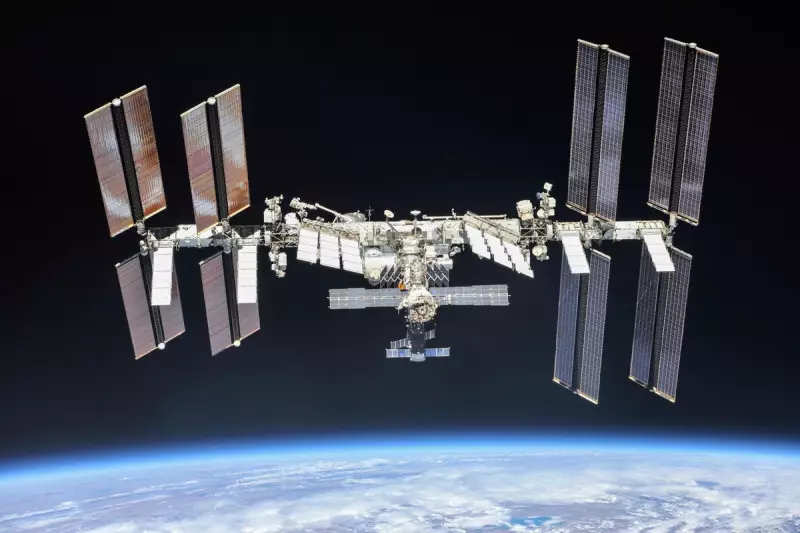
In a pioneering study that could revolutionise our understanding of reproduction beyond Earth, scientists have confirmed that mice sent to space are capable of producing healthy offspring. The research, conducted aboard the International Space Station (ISS), has significant implications for future long-duration space missions, including potential human colonisation of other planets.
Breaking New Ground in Space Biology
The experiment, led by a team of international researchers, involved sending a group of mice to the ISS for an extended period. Remarkably, these space-faring rodents were able to mate and produce pups that showed no apparent genetic defects or health complications compared to their Earth-bound counterparts.
Key Findings from the Study
- First successful mammalian reproduction in microgravity conditions
- Offspring displayed normal development patterns
- No significant differences in genetic markers compared to control groups
- Potential implications for human space colonisation
Why This Research Matters
With space agencies worldwide planning ambitious missions to Mars and beyond, understanding how mammalian reproduction functions in space has become crucial. "This study provides the first concrete evidence that mammalian reproduction in space is possible," said Dr. Sarah Johnson, lead researcher on the project. "While there's much more to learn, these findings are an important step forward."
Challenges of Space Reproduction
The research team noted several unique challenges in conducting reproduction studies in space:
- Microgravity's effect on embryo development
- Radiation exposure risks
- Psychological and physiological stress on parent organisms
- Logistical constraints of space habitats
What's Next for Space Reproduction Research?
Scientists are already planning follow-up studies to examine longer-term effects across multiple generations. The success of this initial experiment has sparked discussions about more comprehensive reproduction studies, potentially including other mammalian species.
This groundbreaking research not only advances our understanding of space biology but also brings humanity one step closer to becoming a multi-planetary species. As space agencies prepare for crewed missions to Mars in the coming decades, such studies will prove invaluable in ensuring the sustainability of human life beyond Earth.





